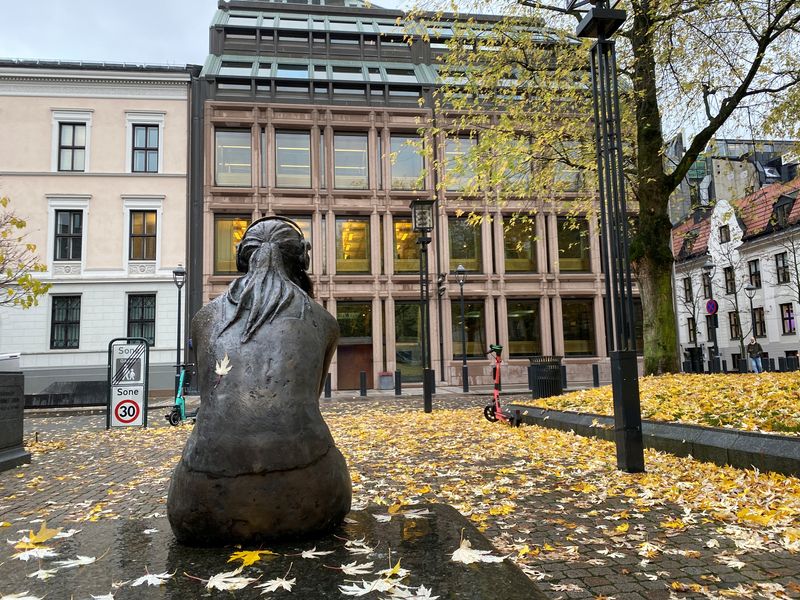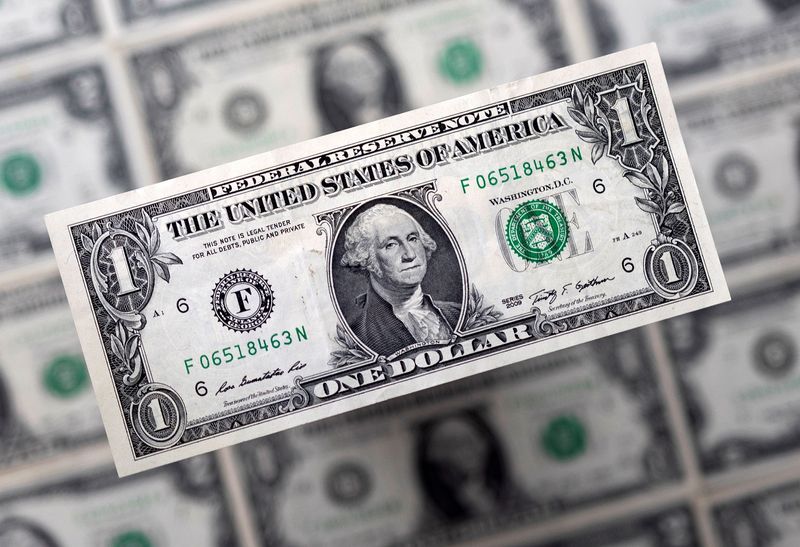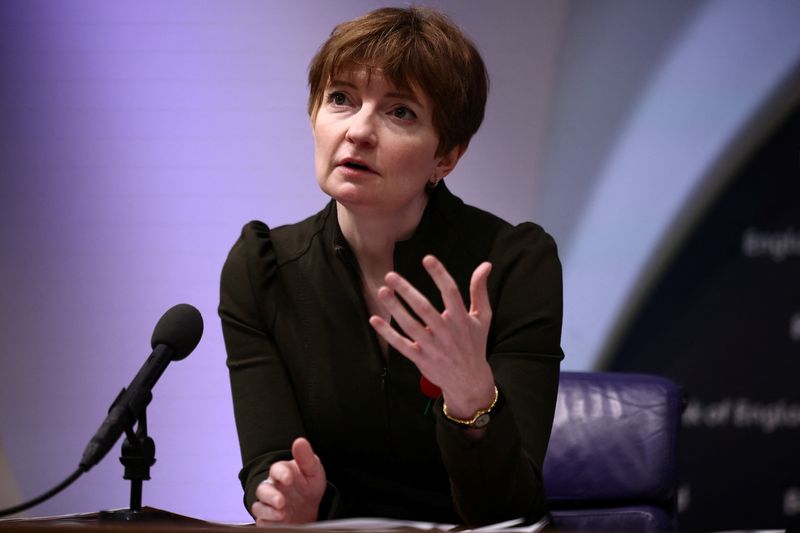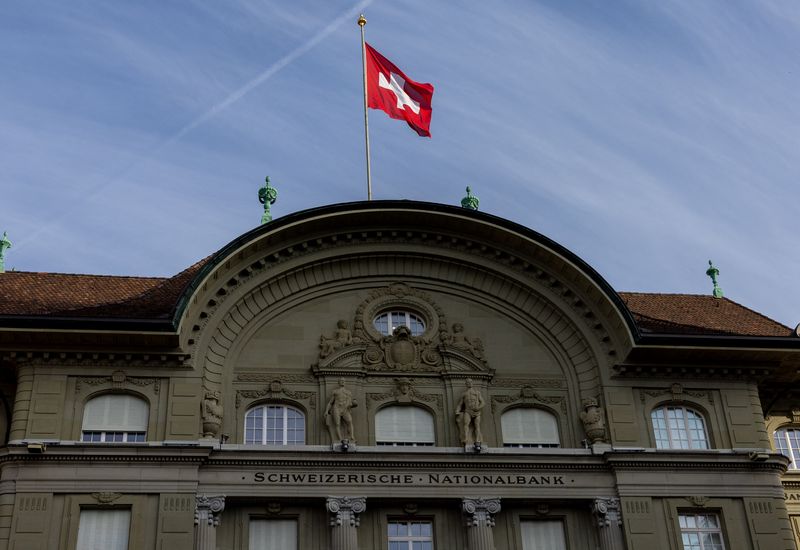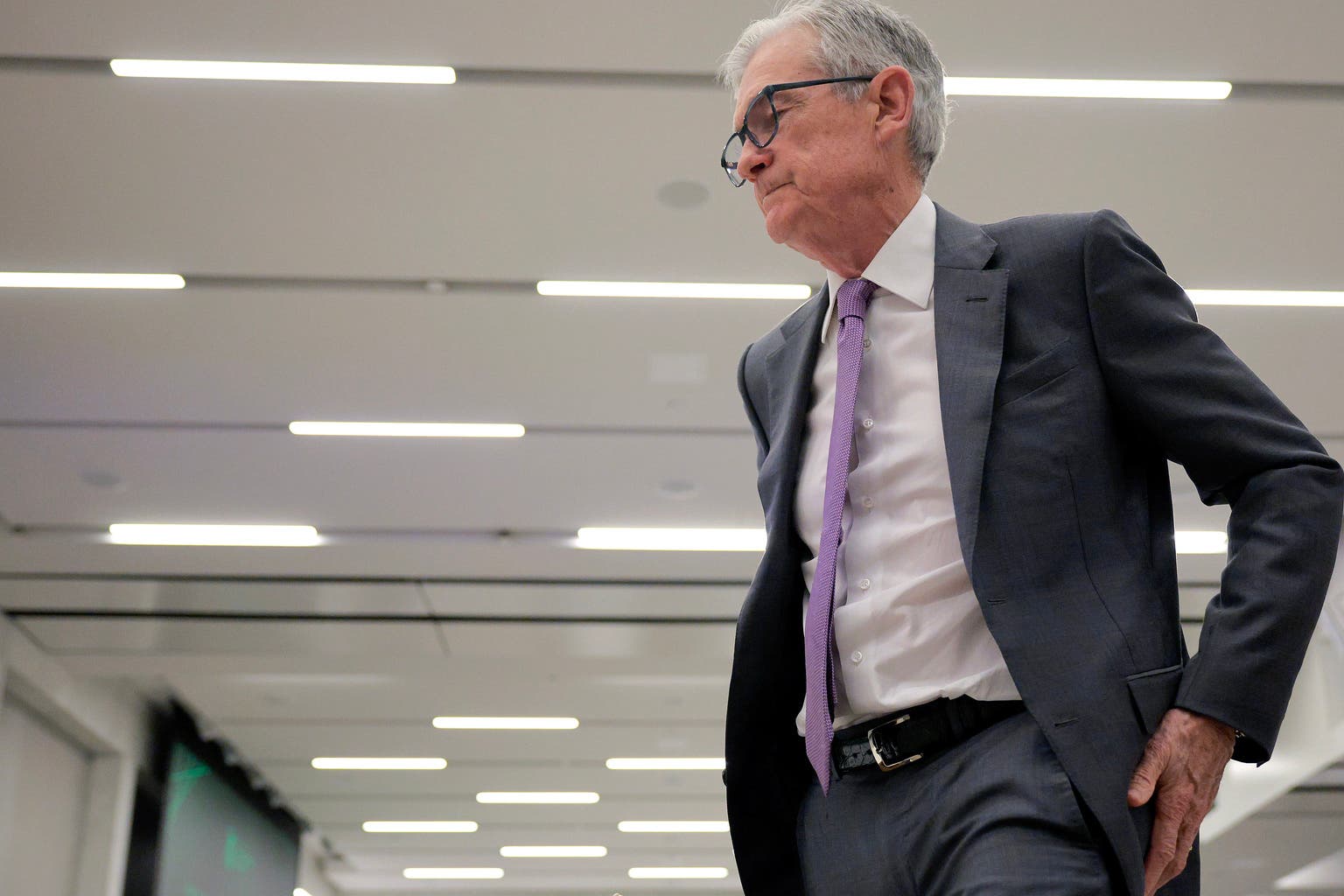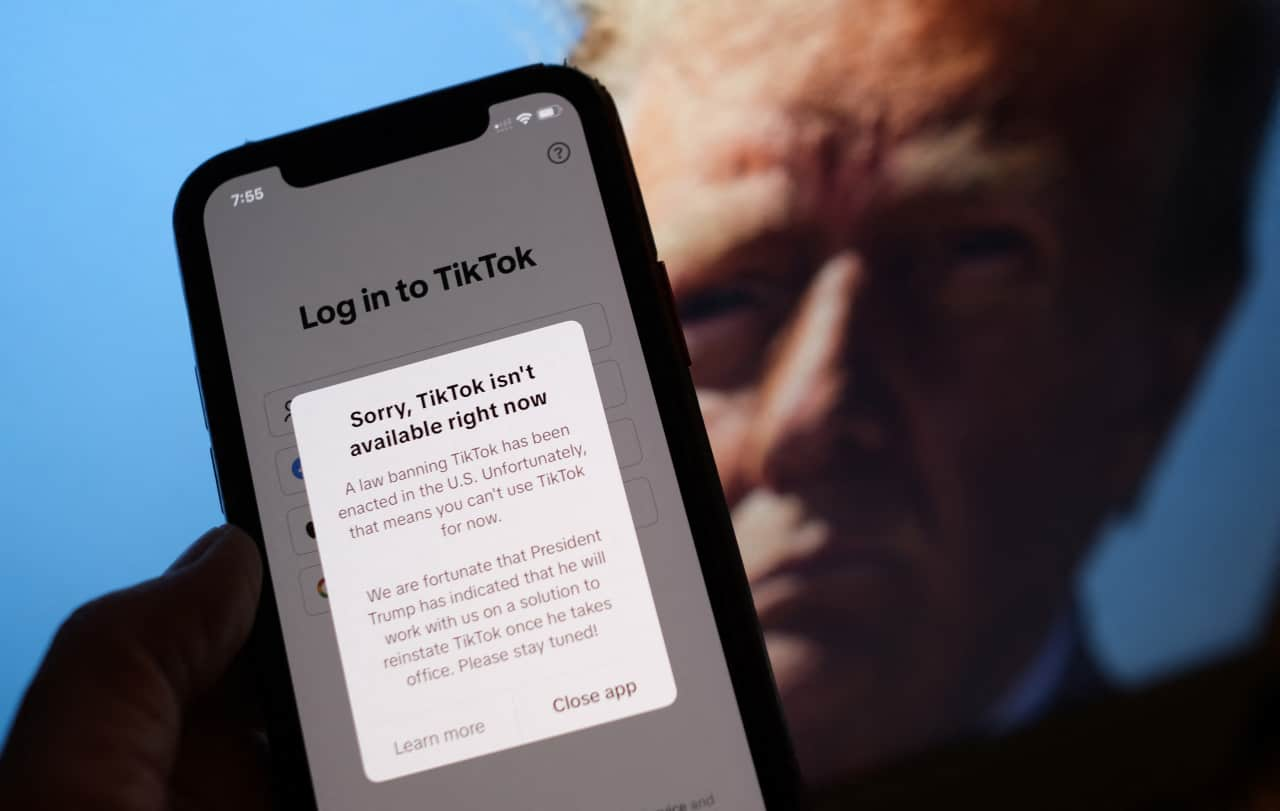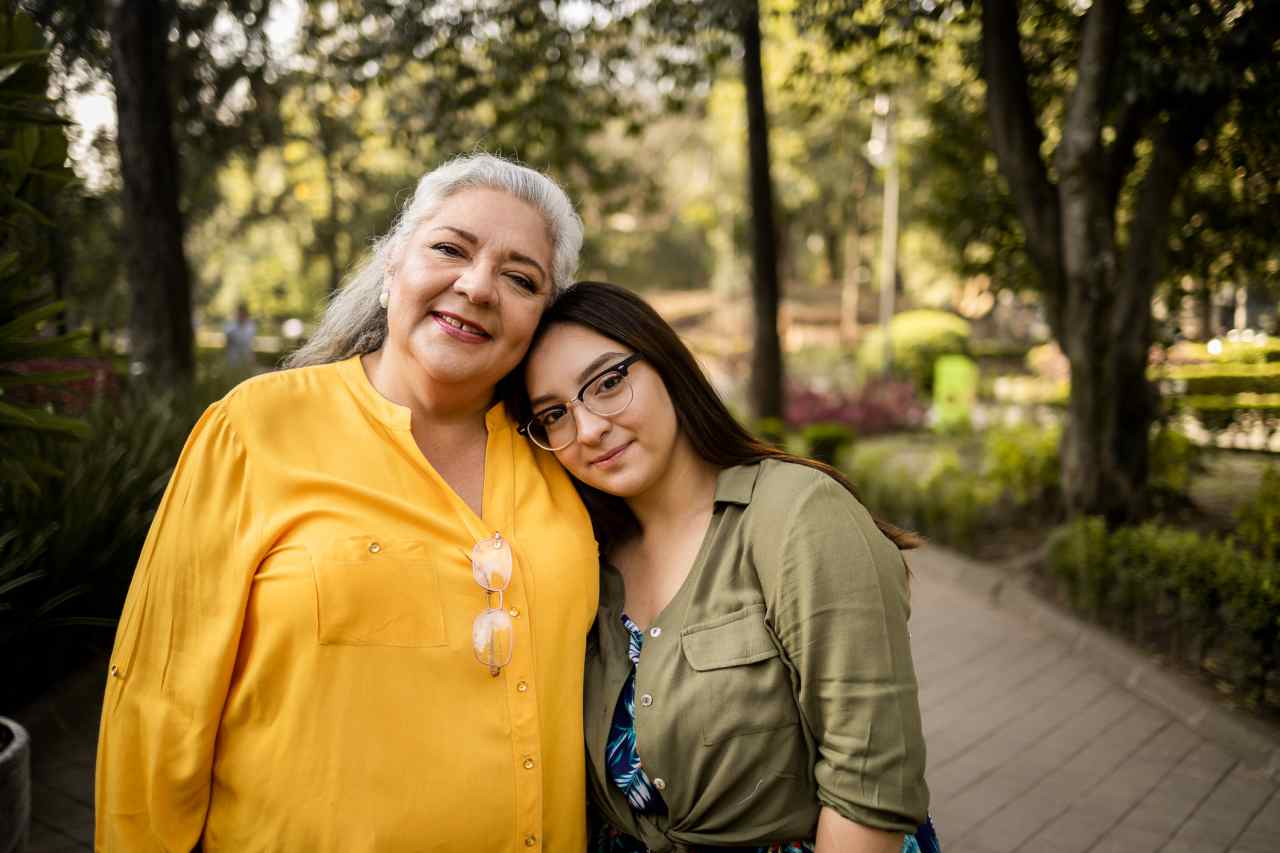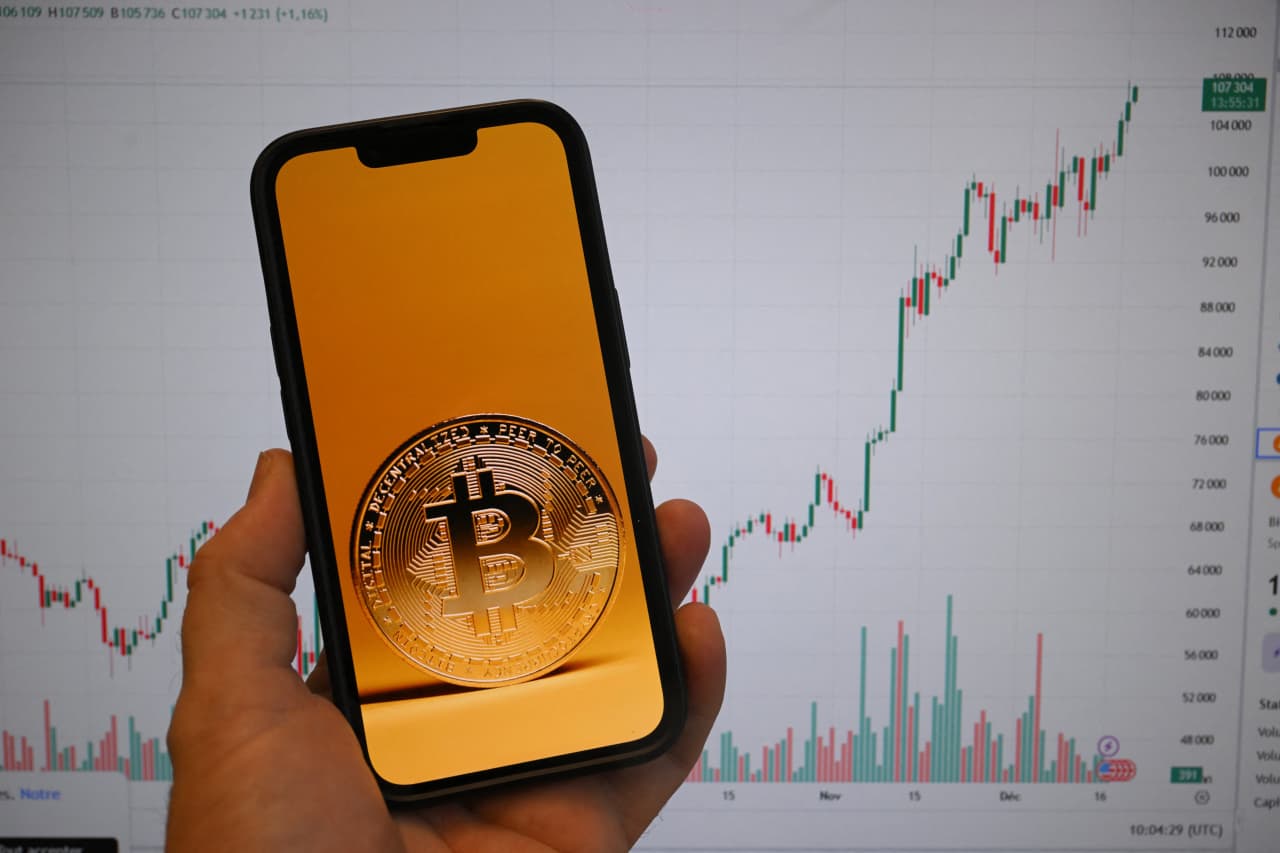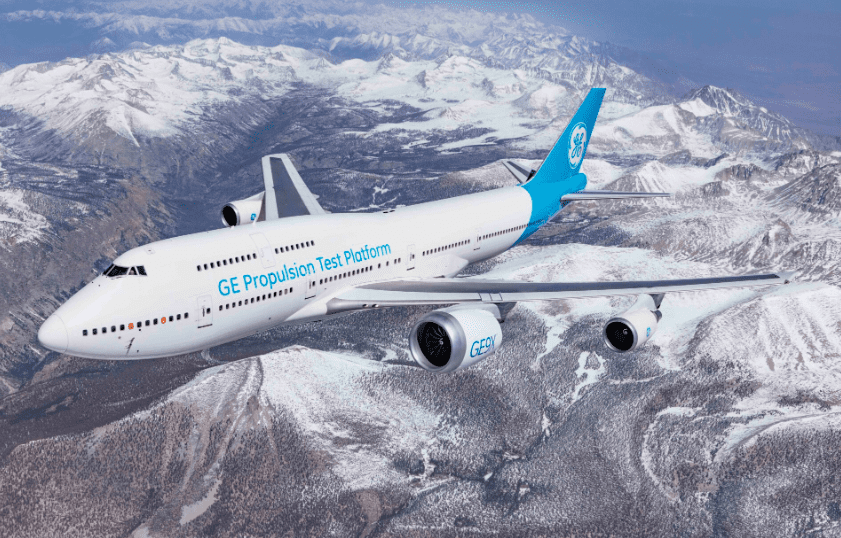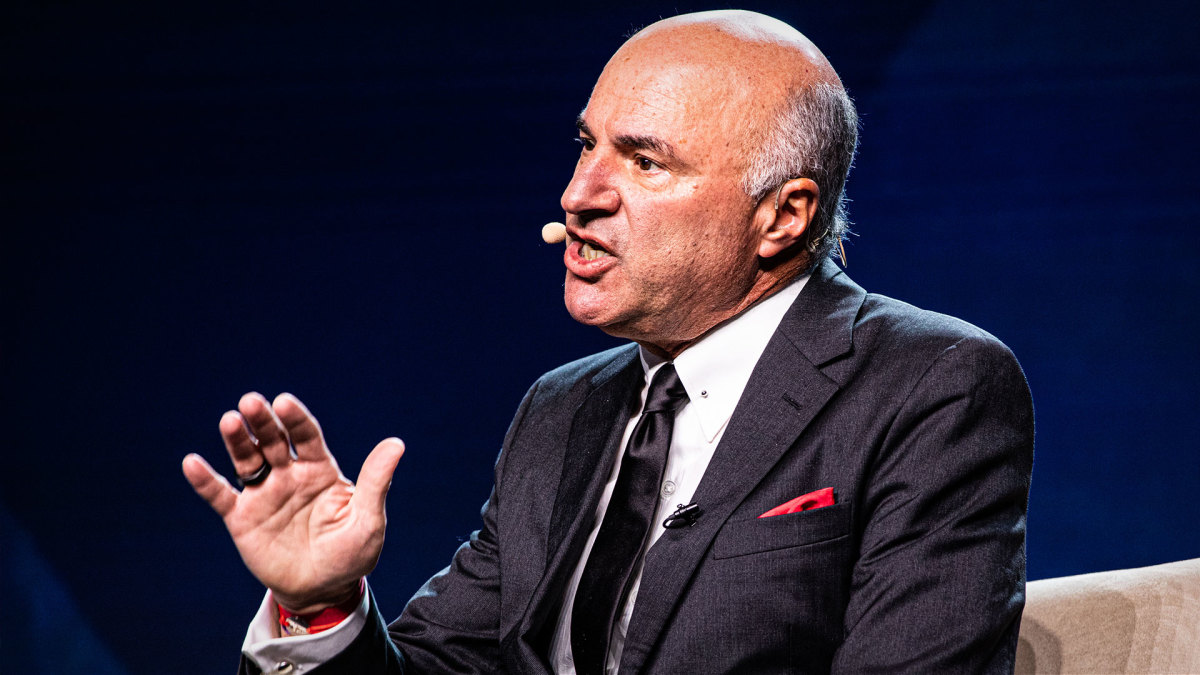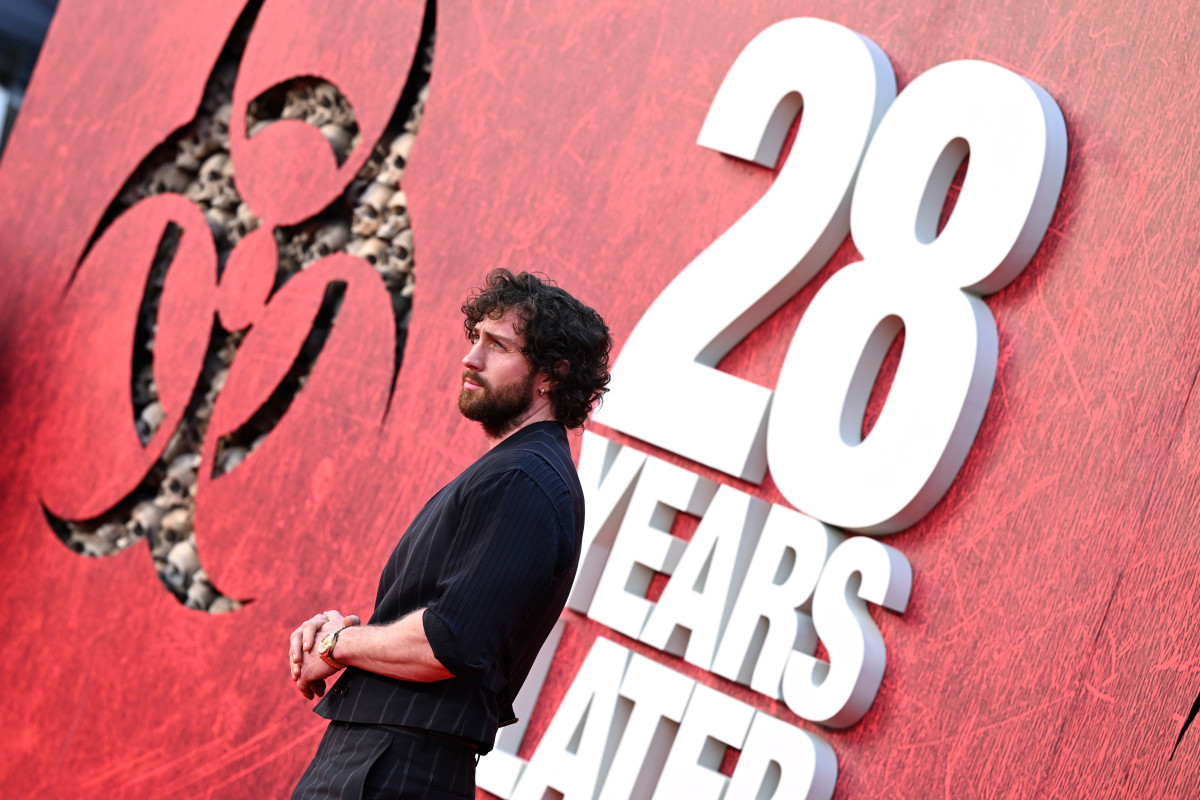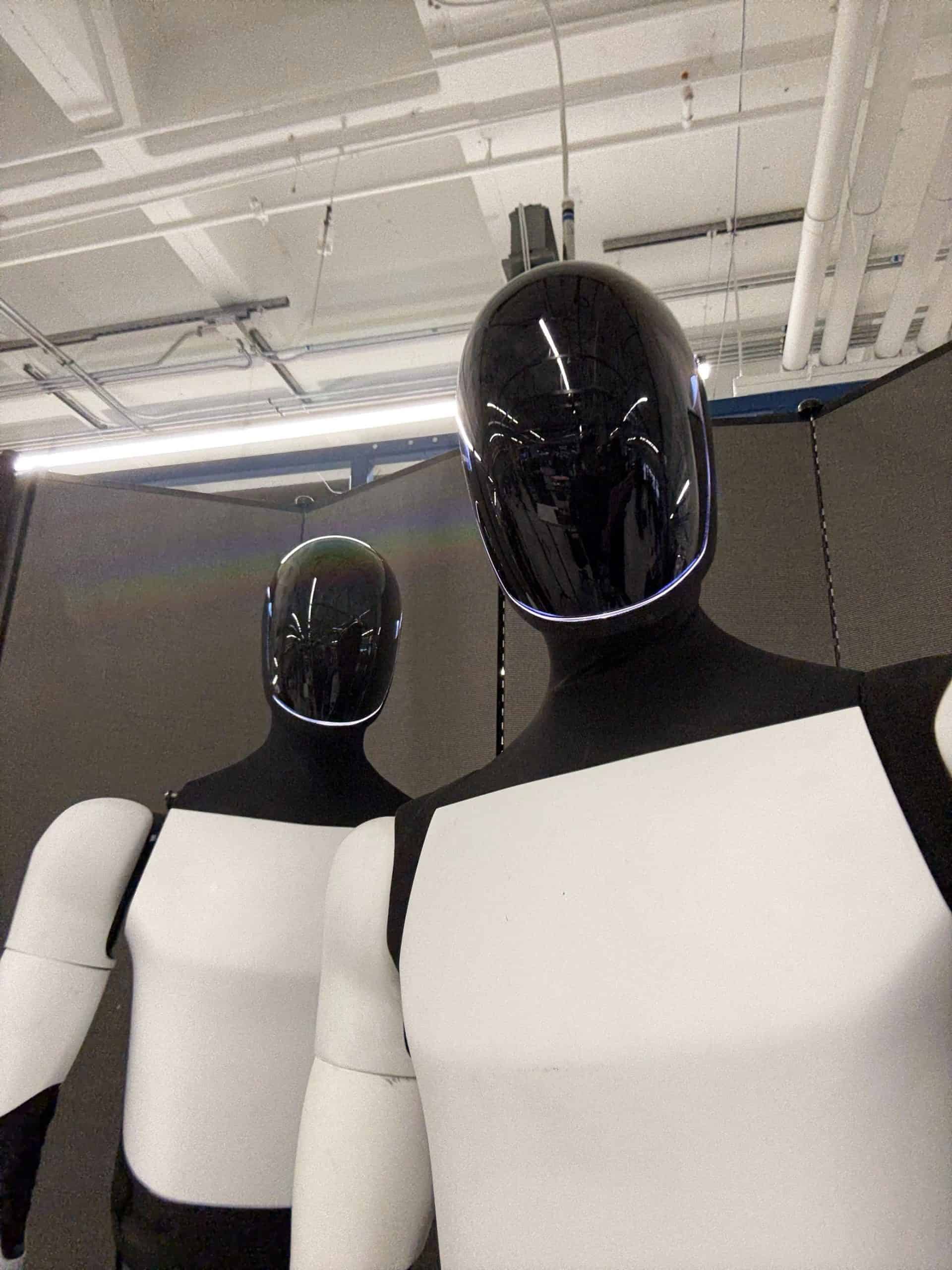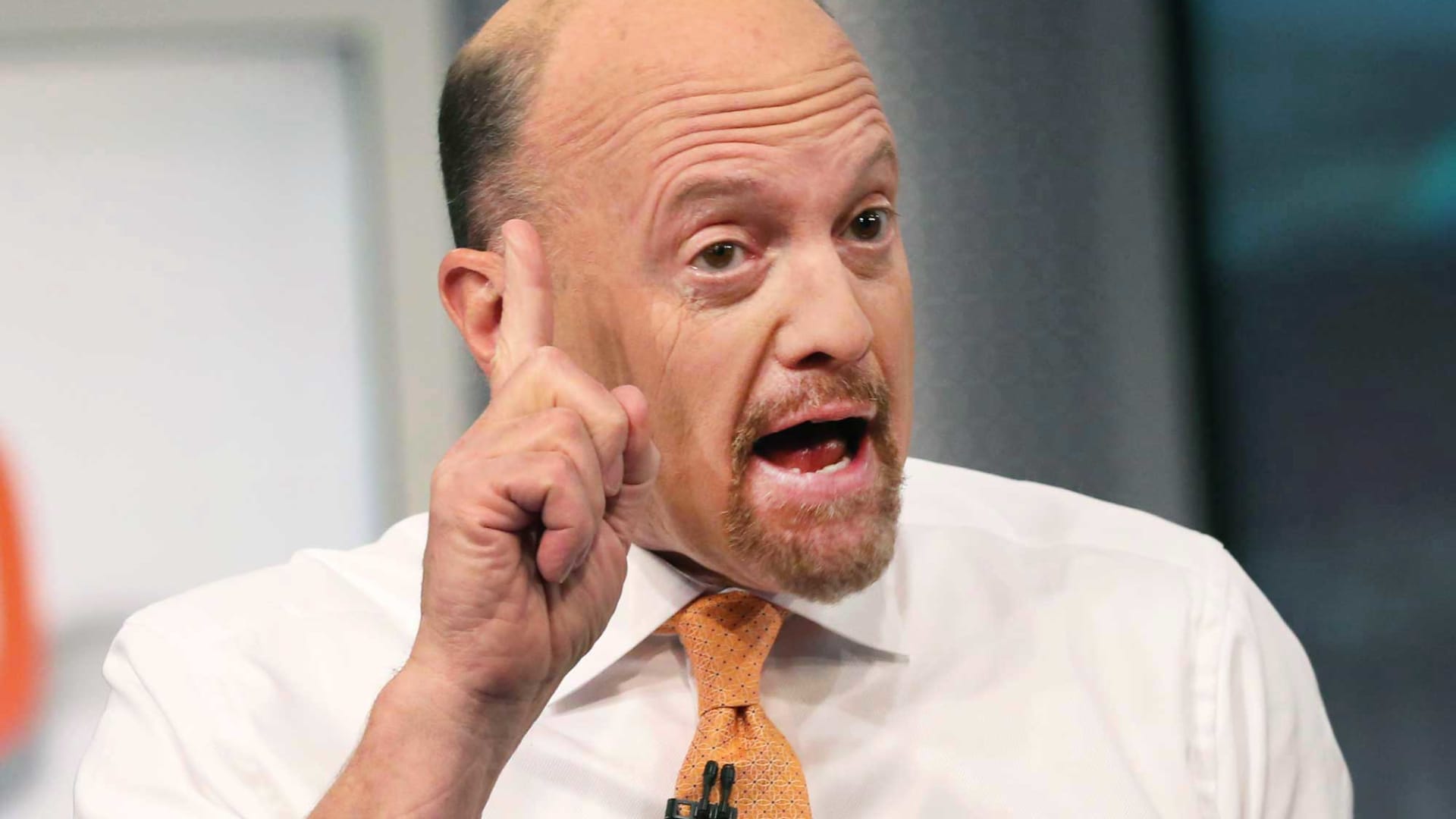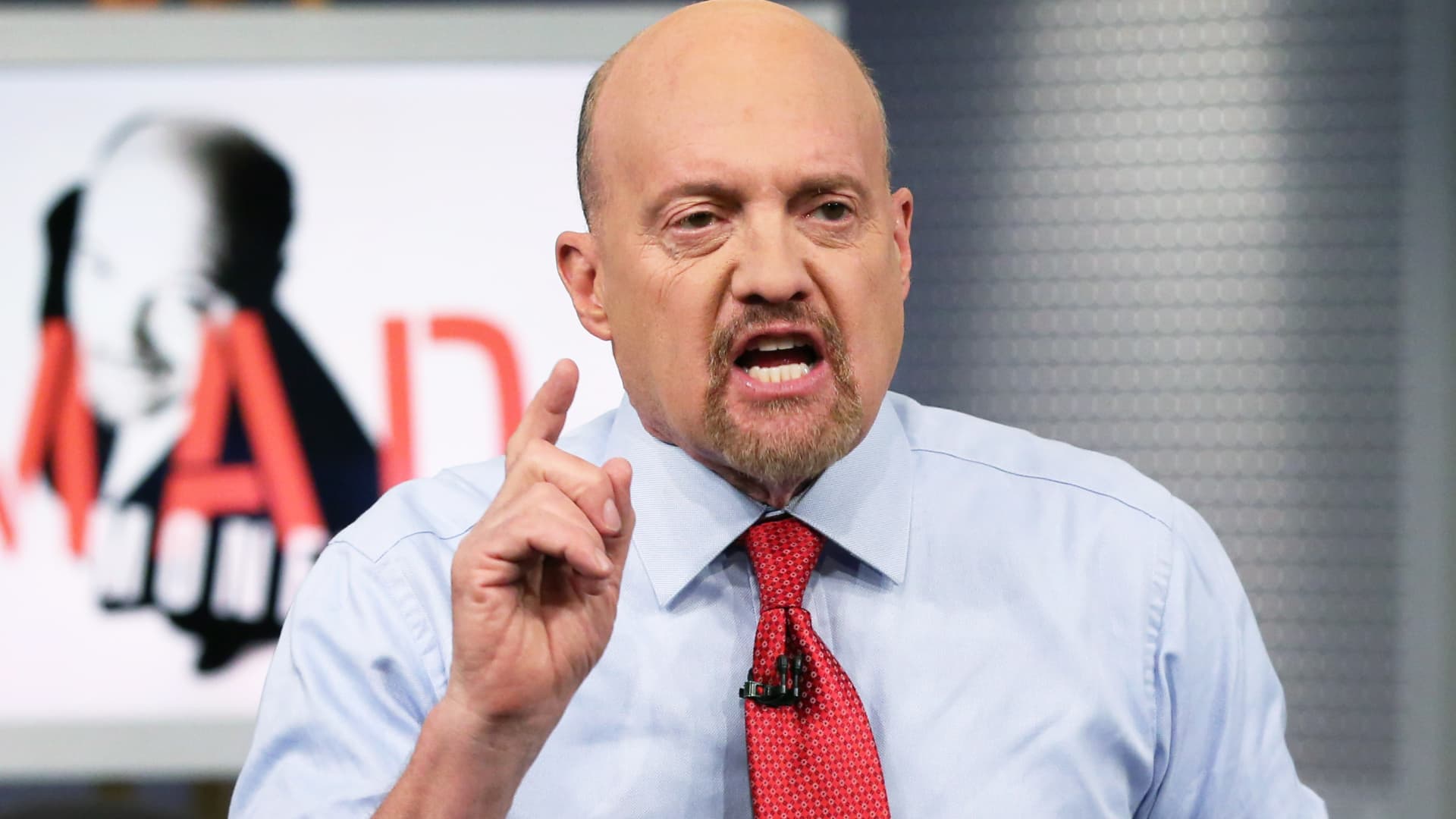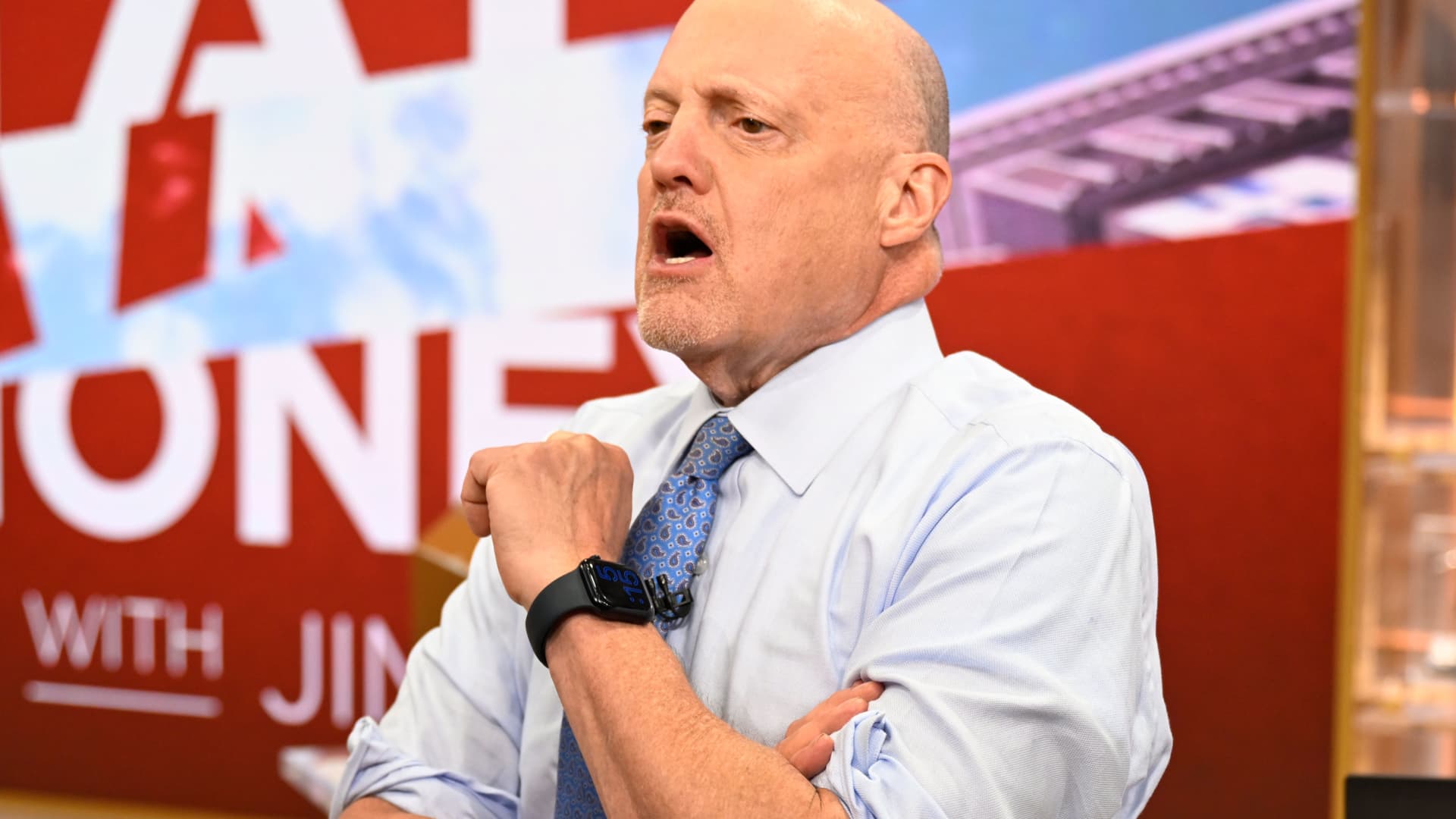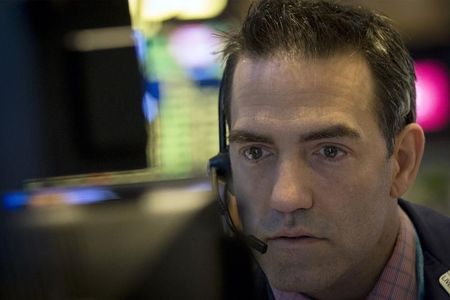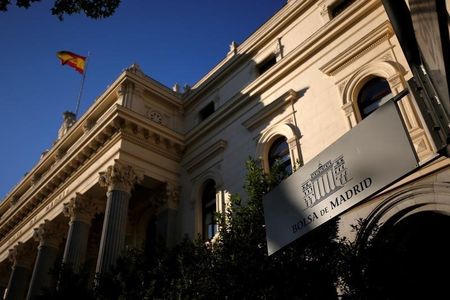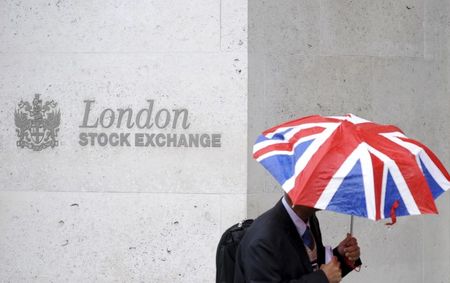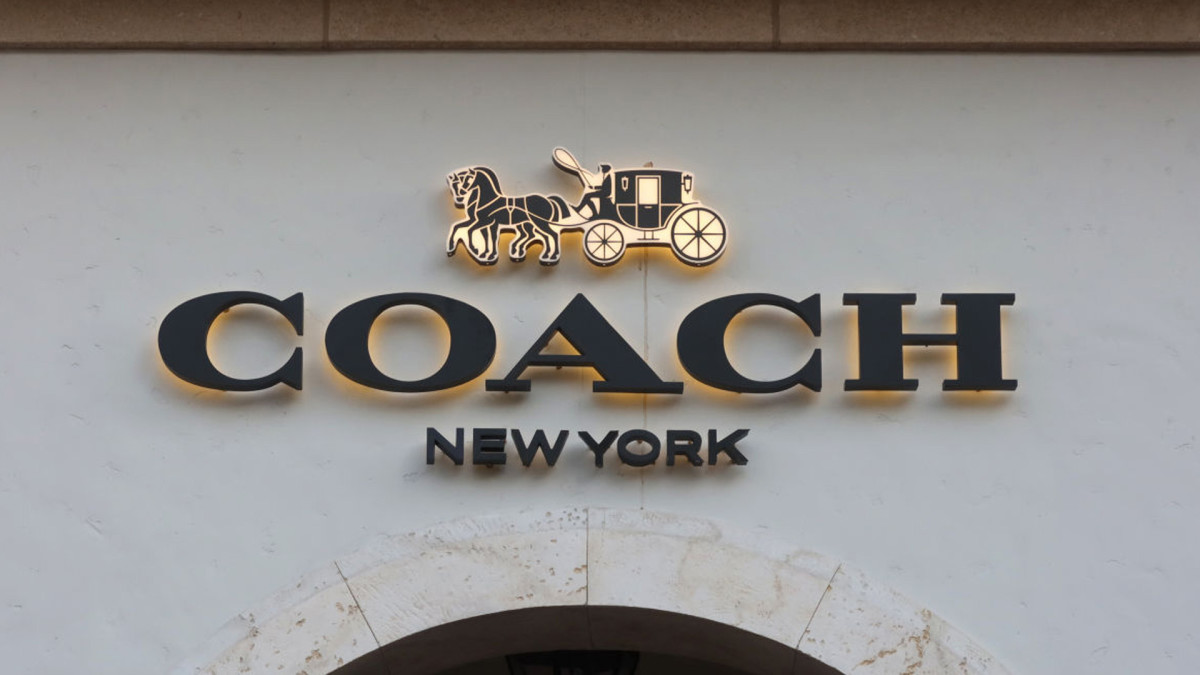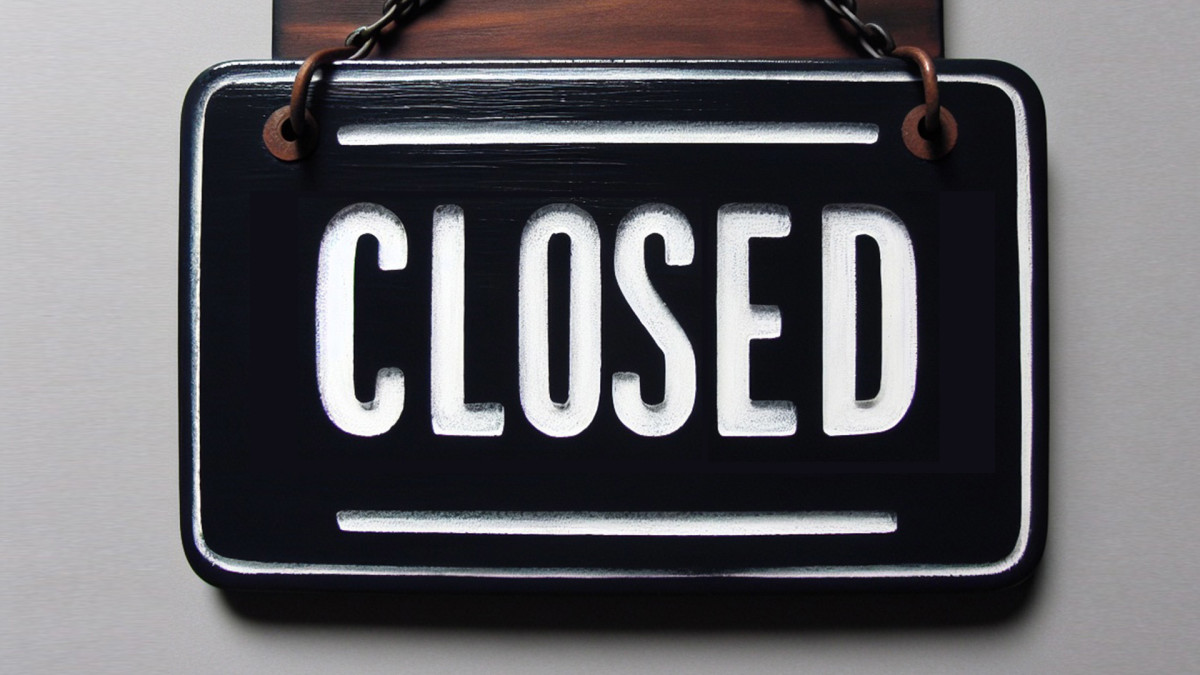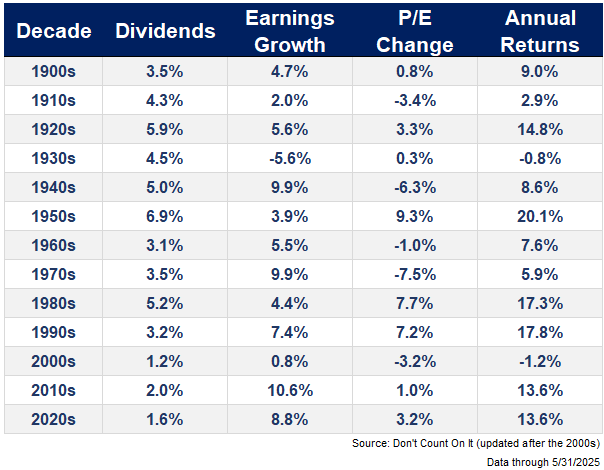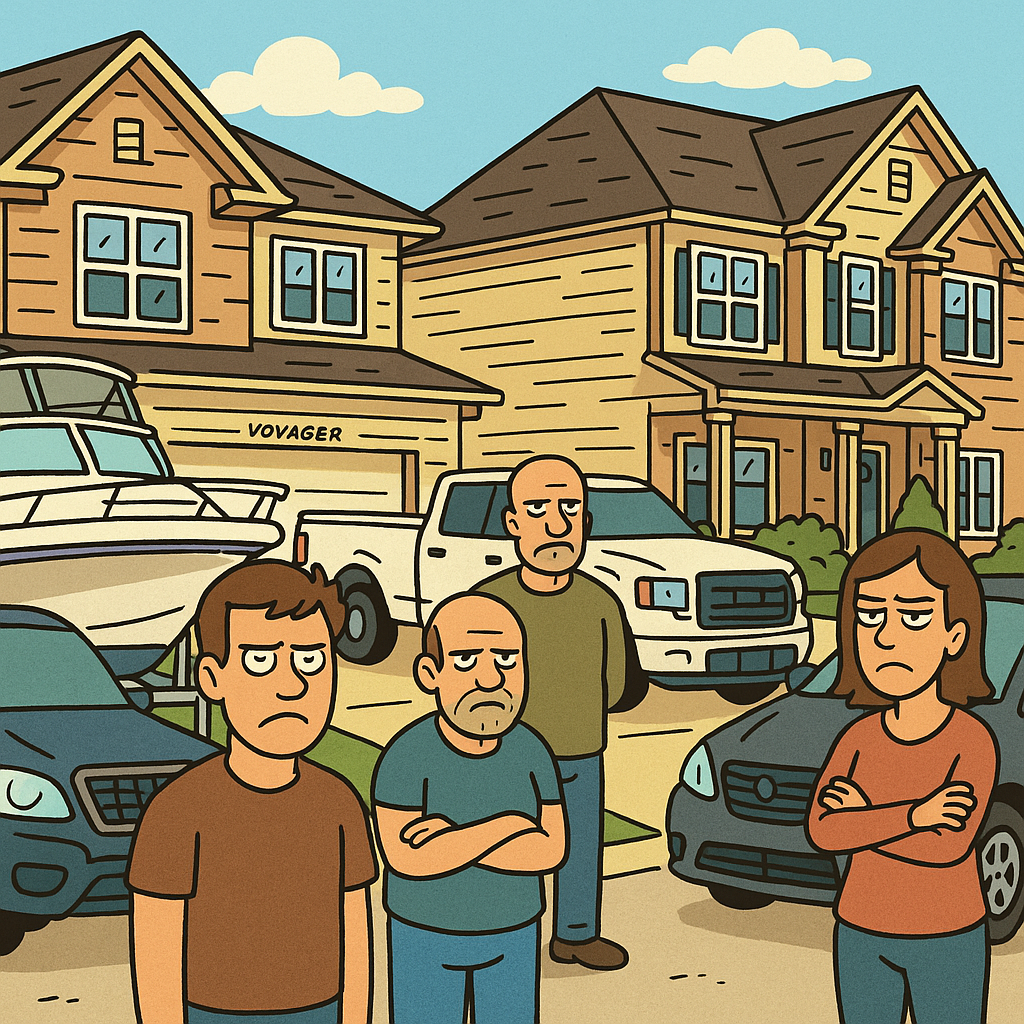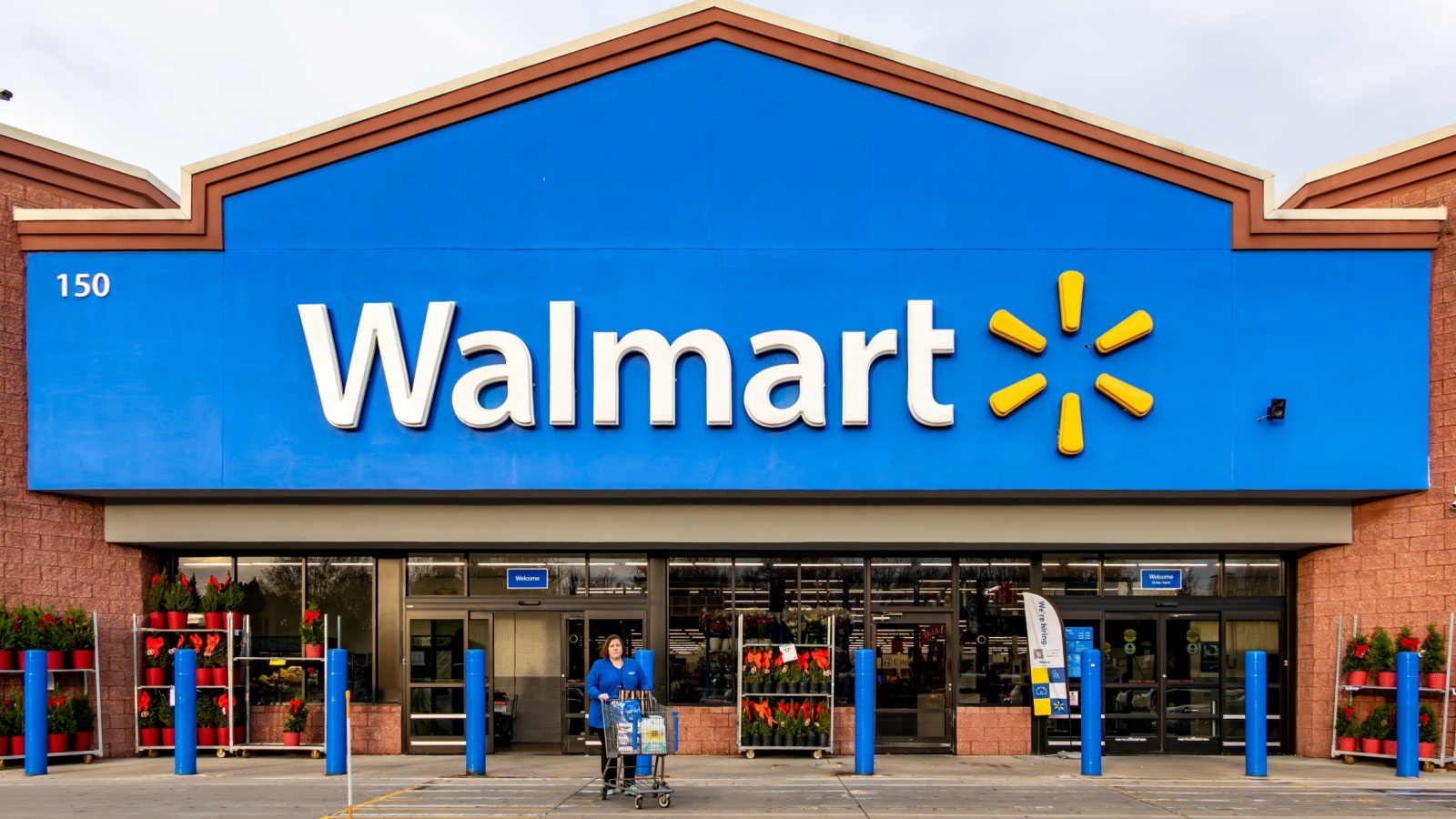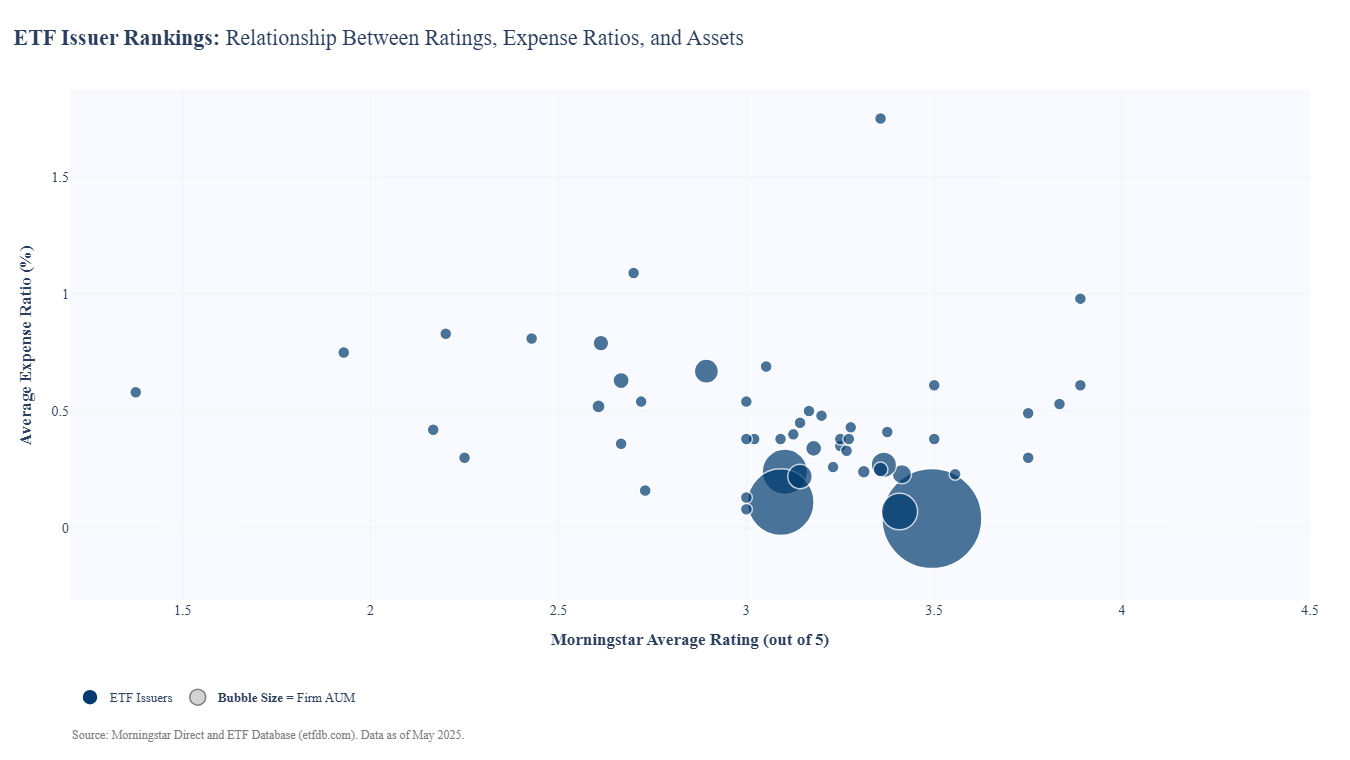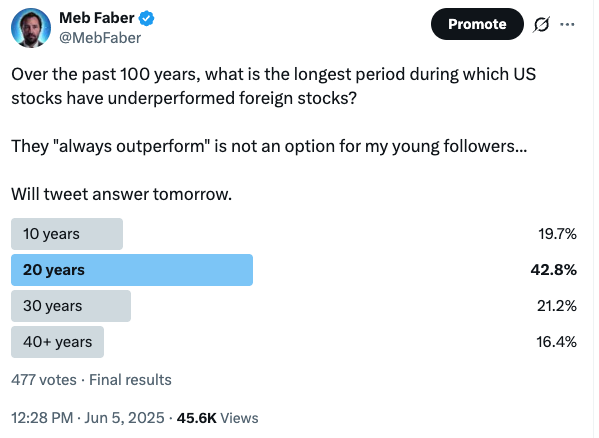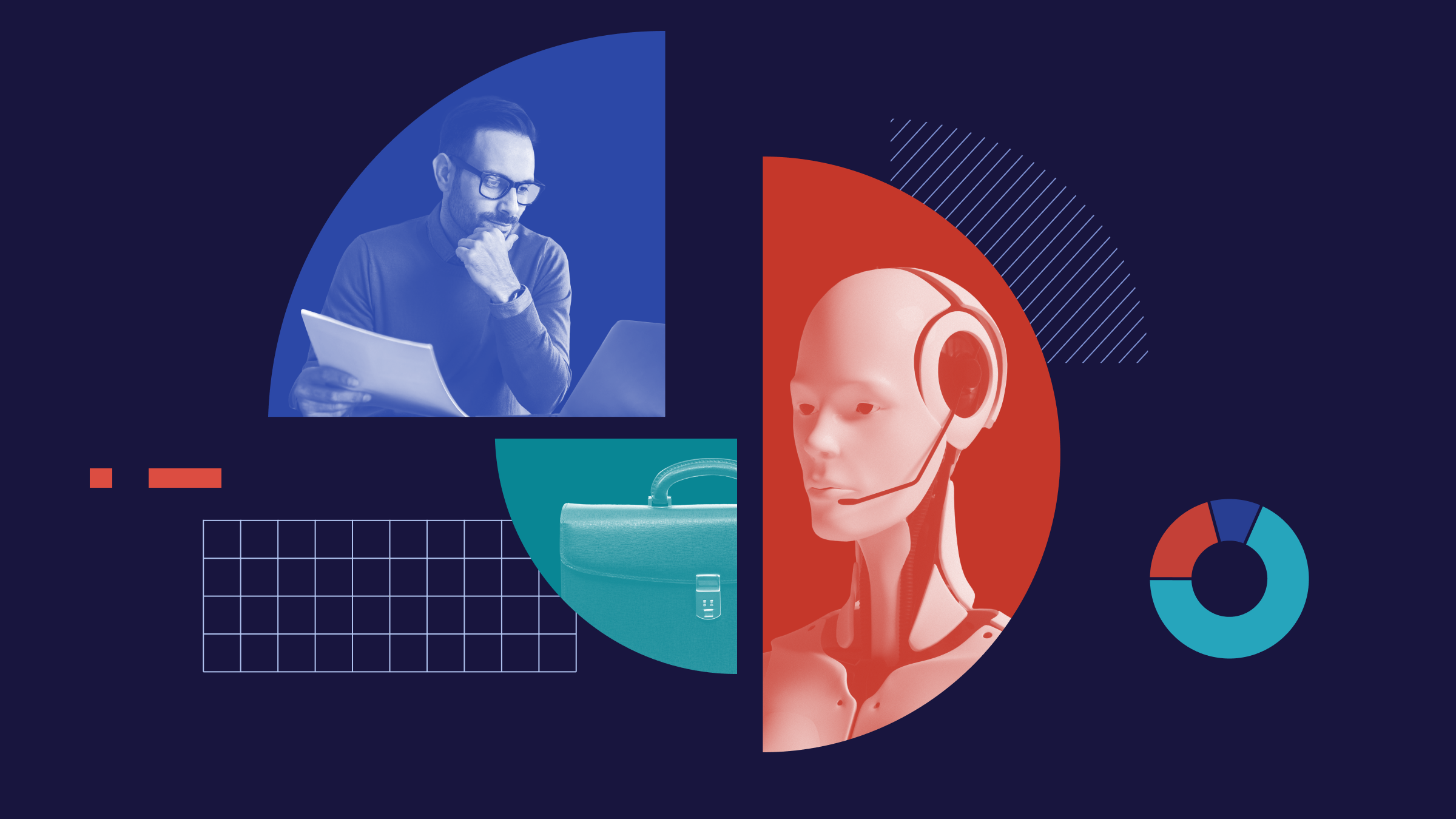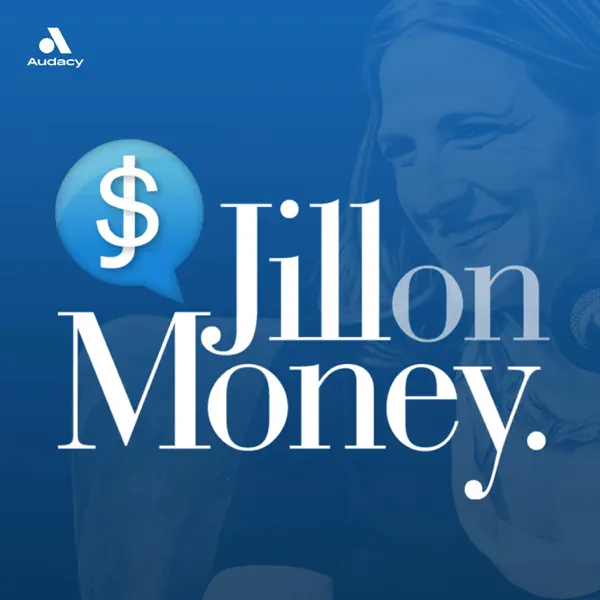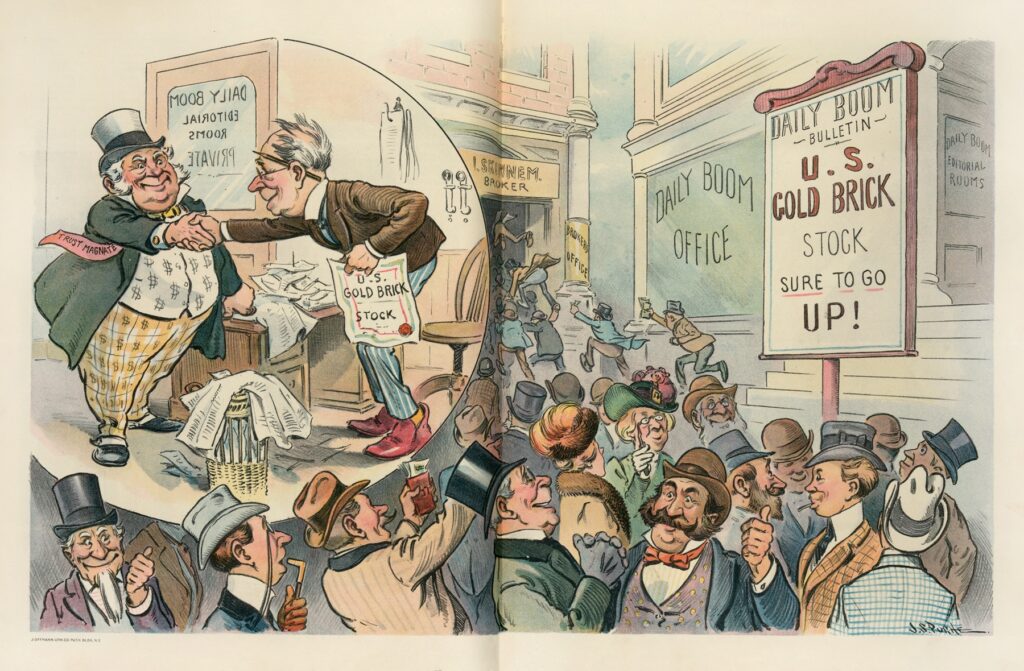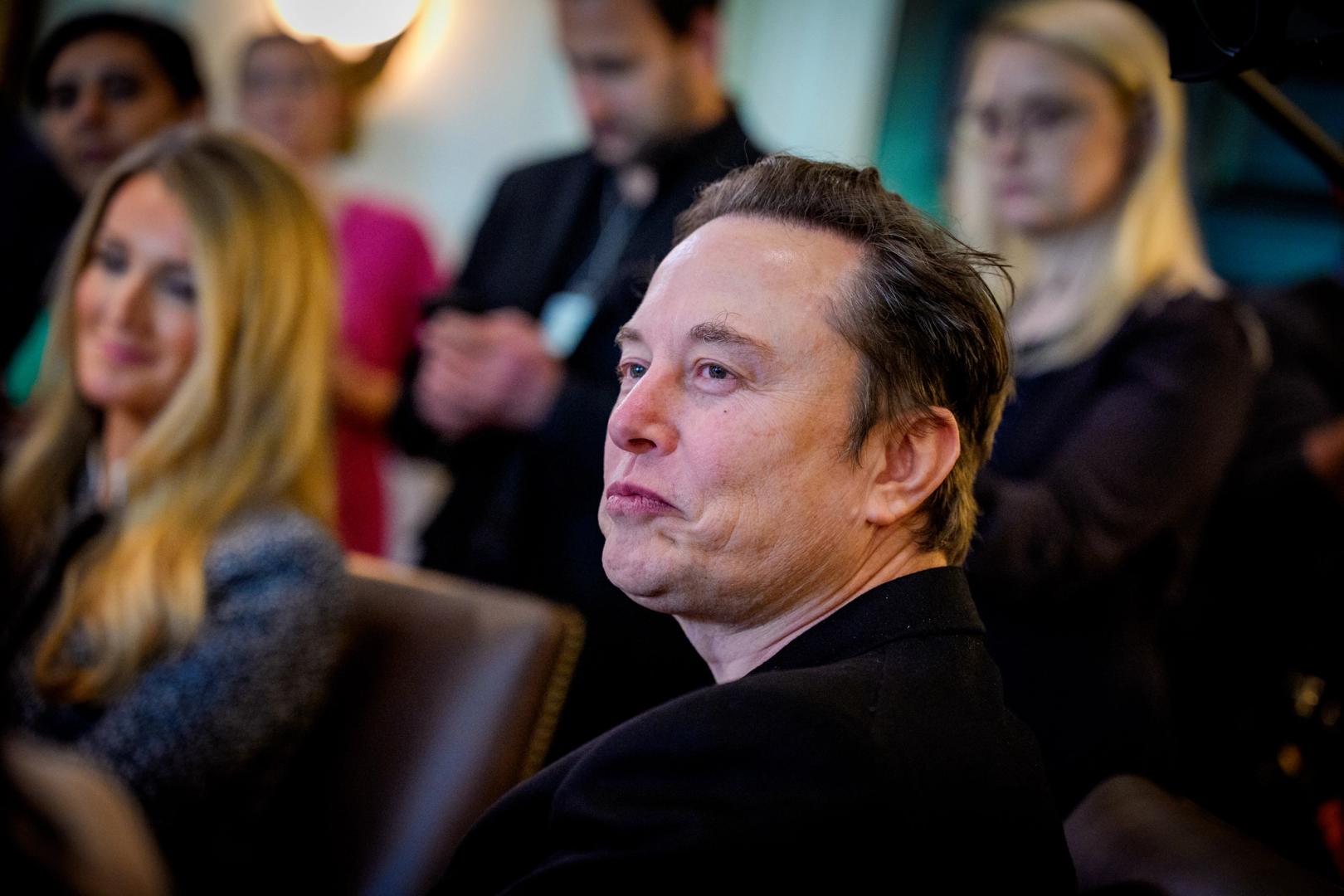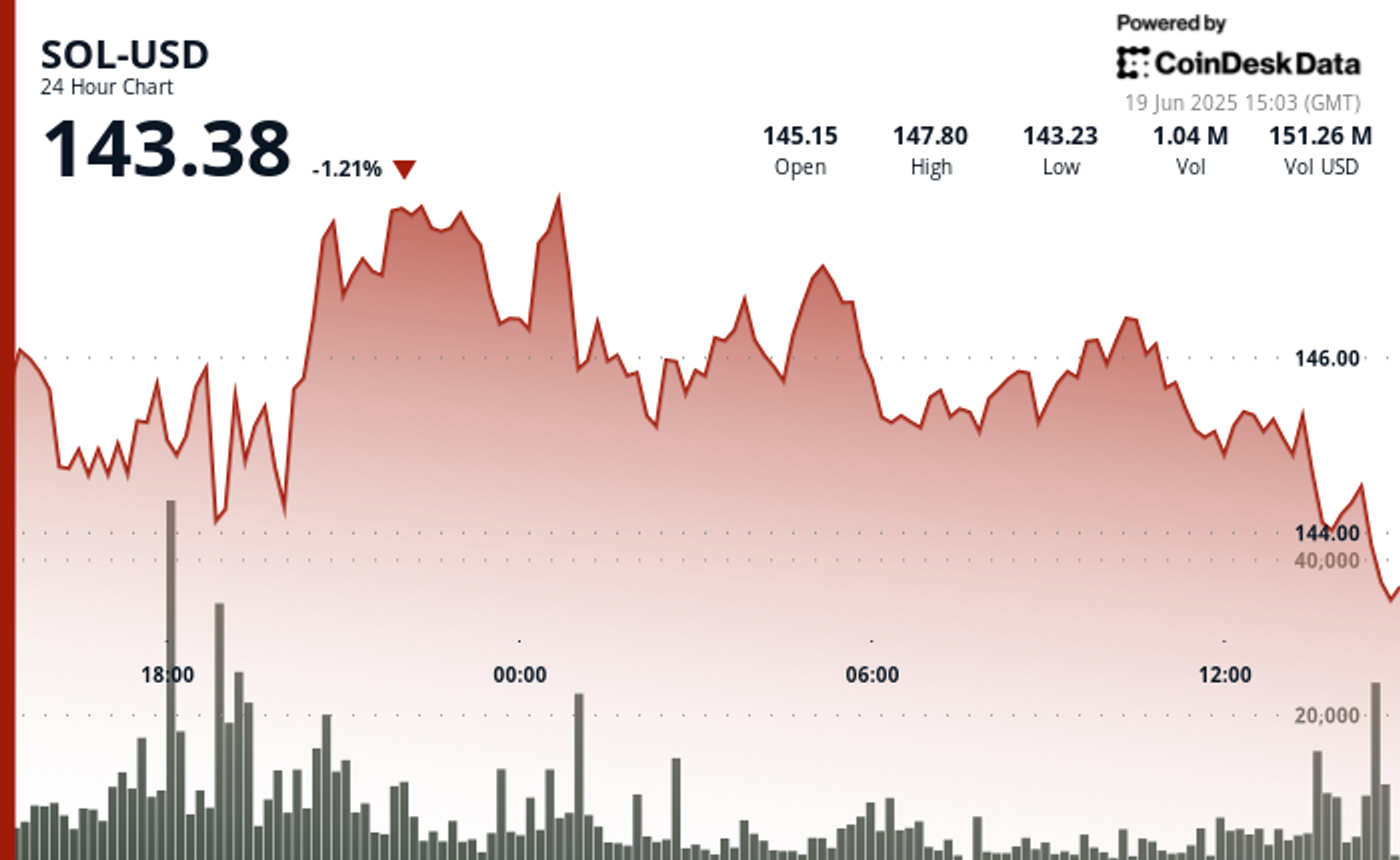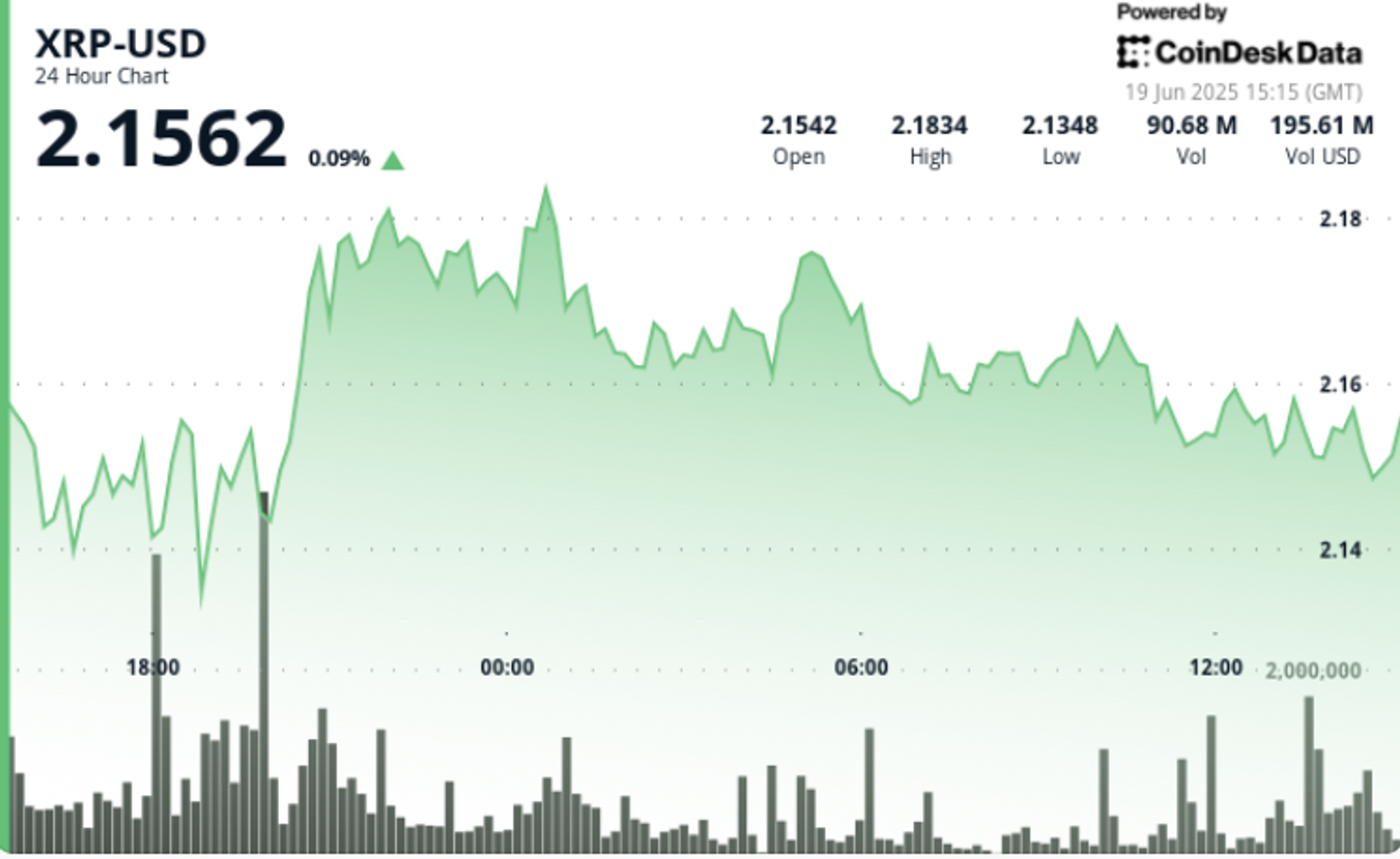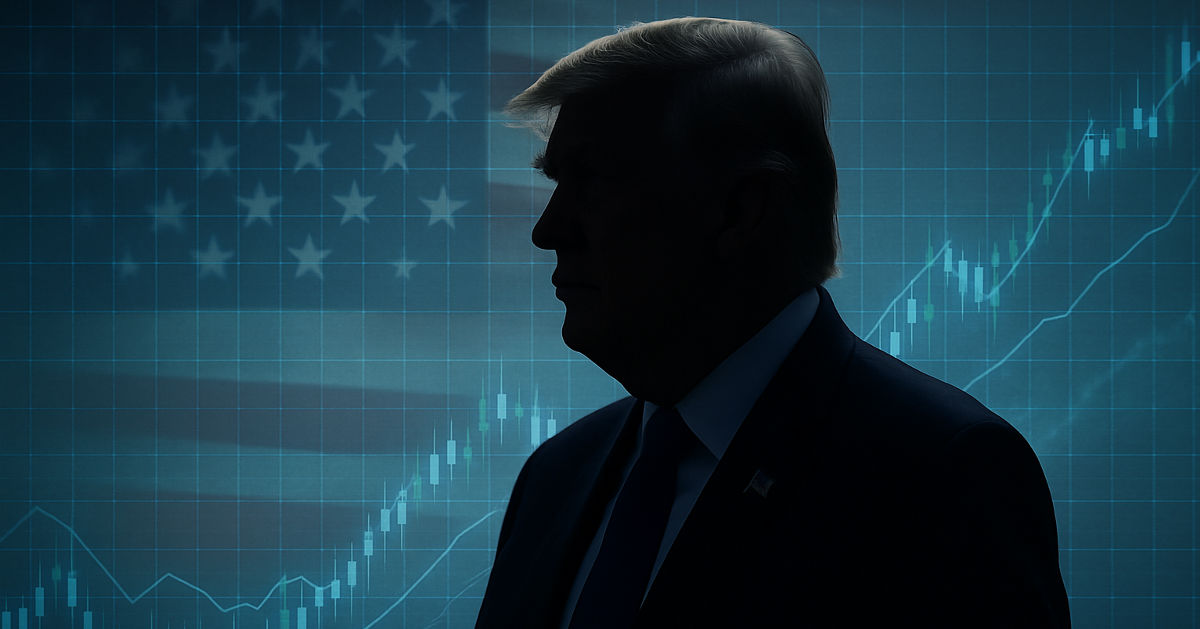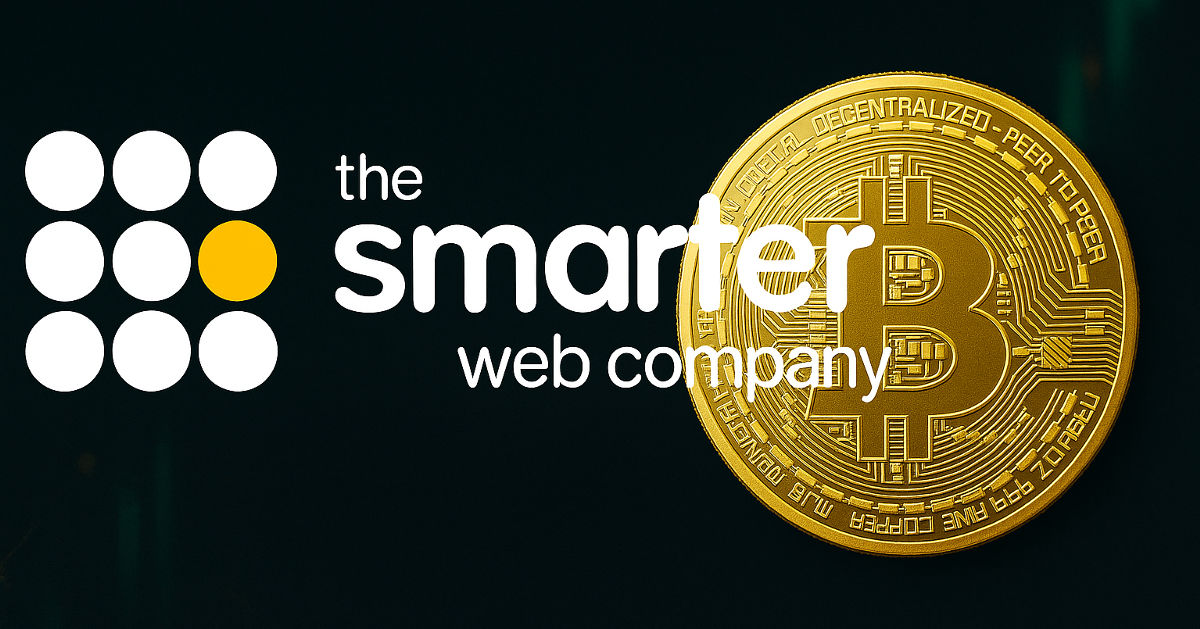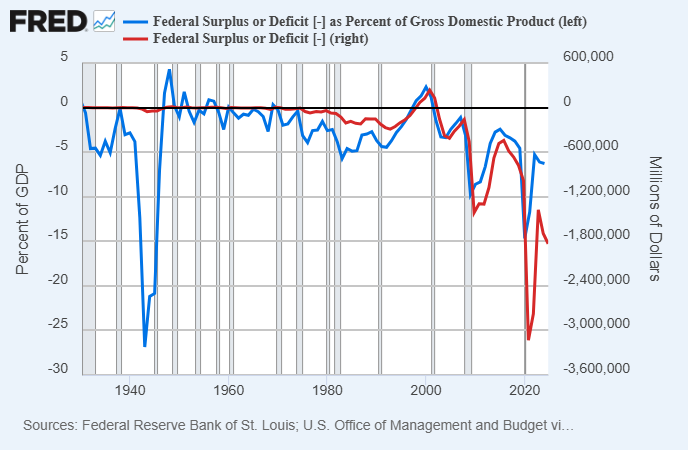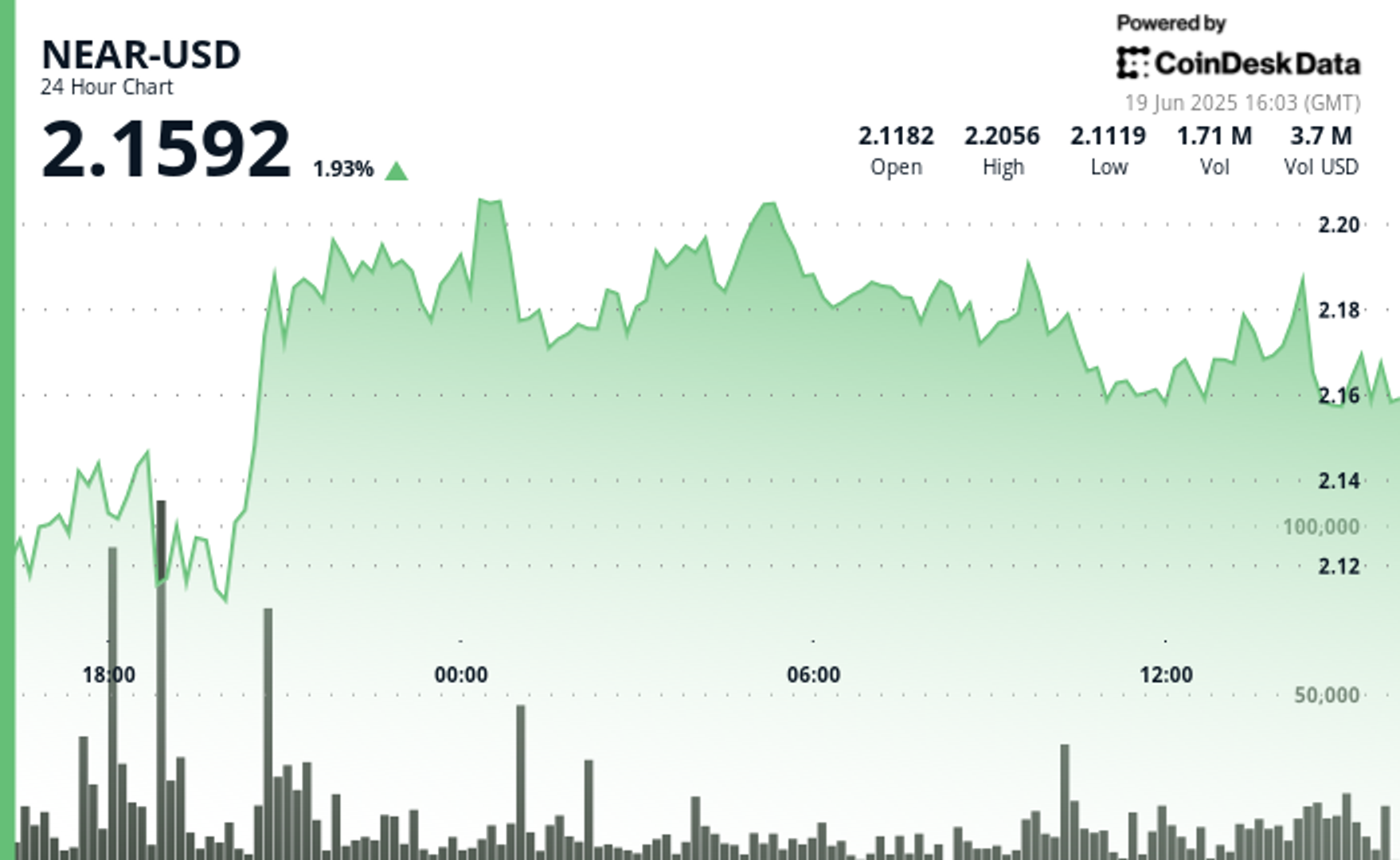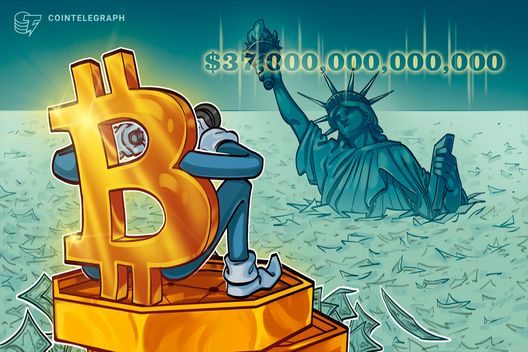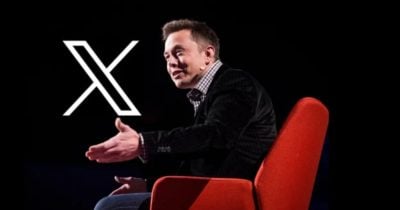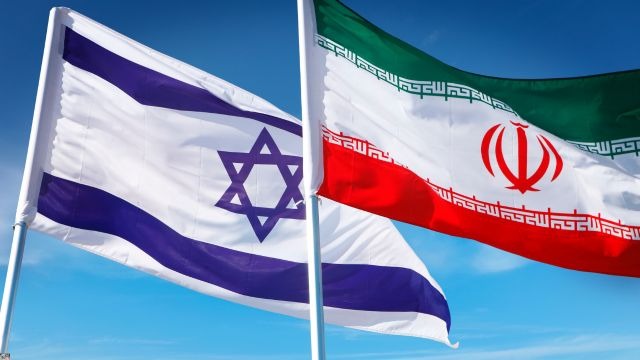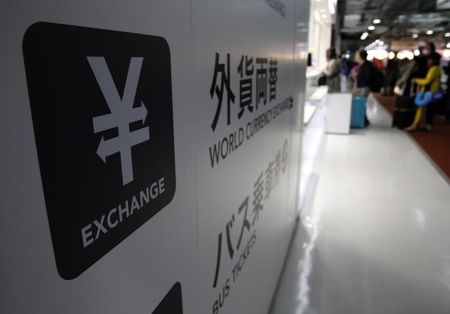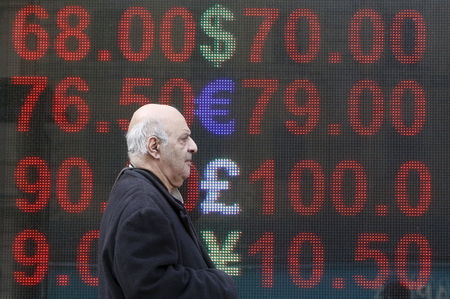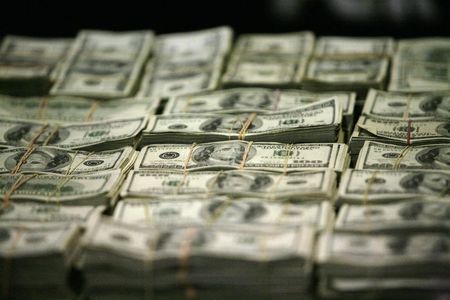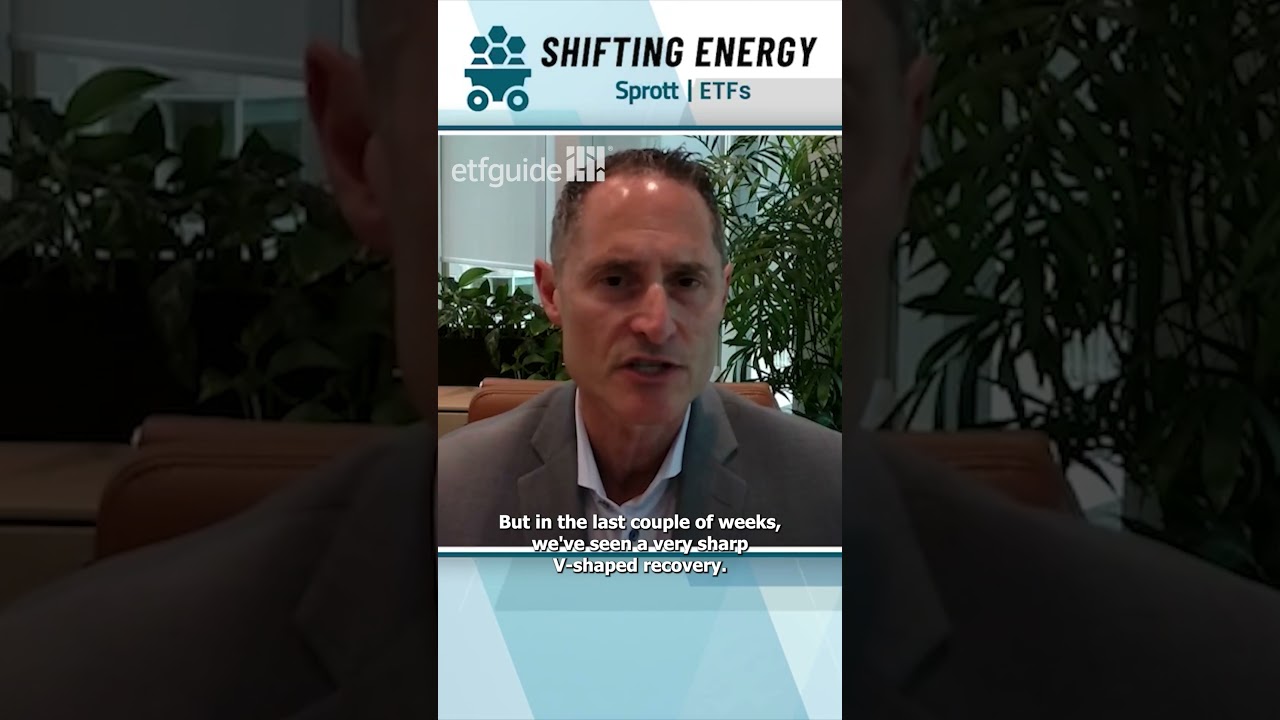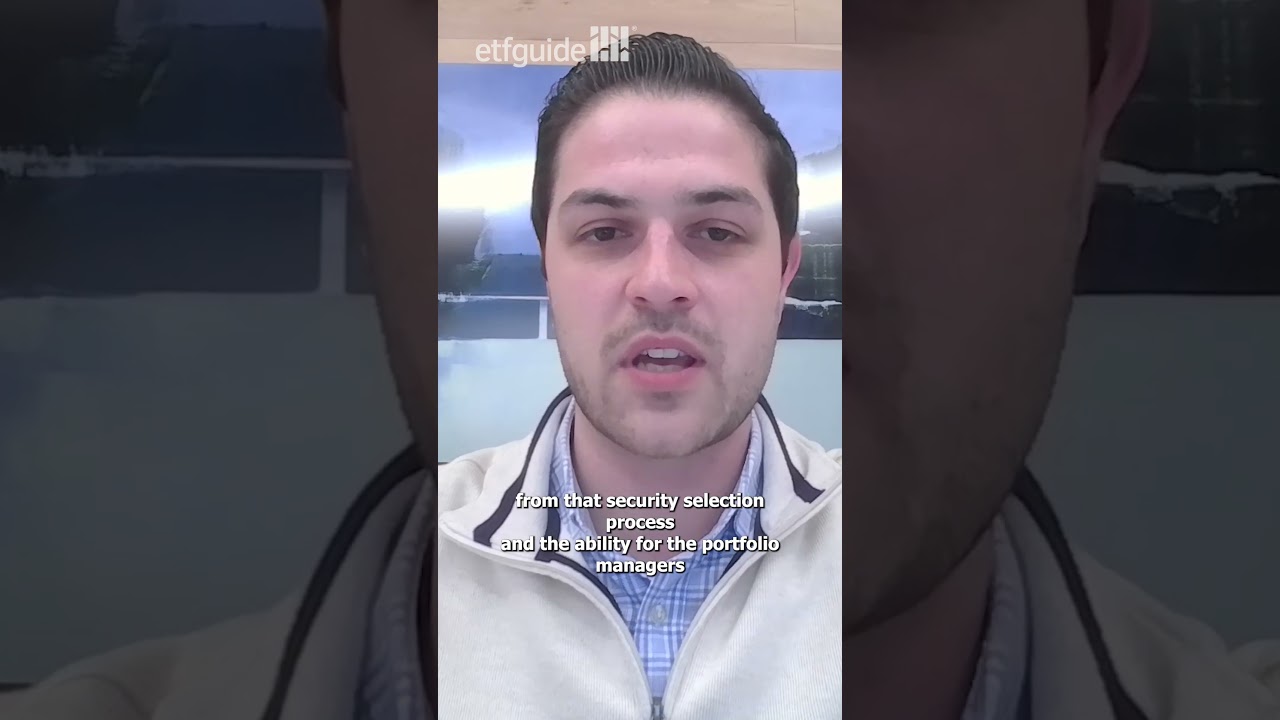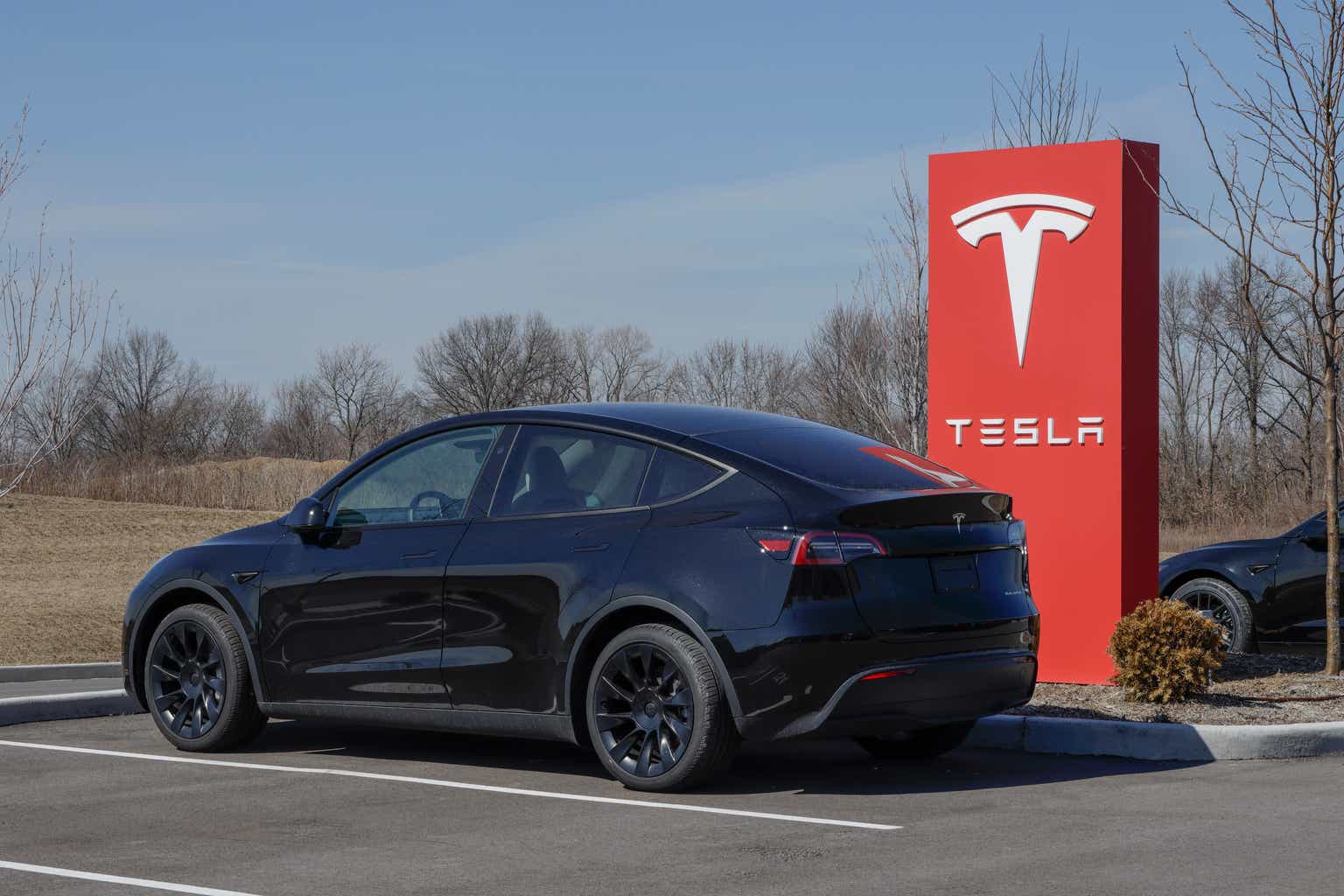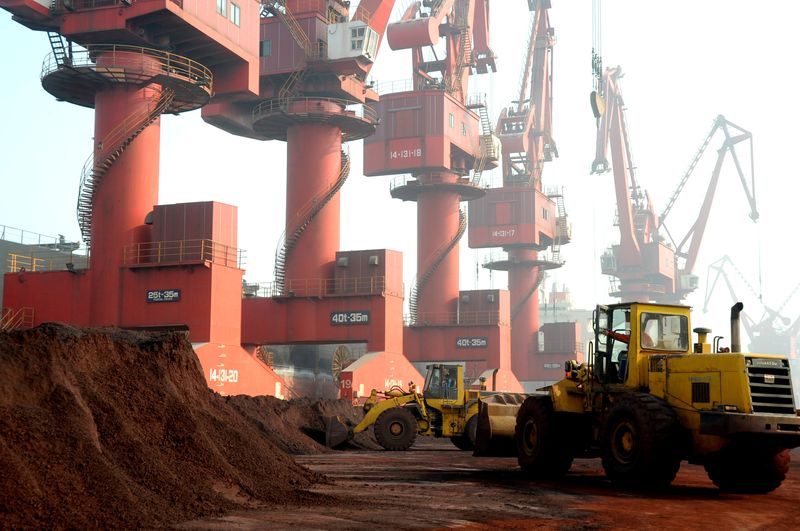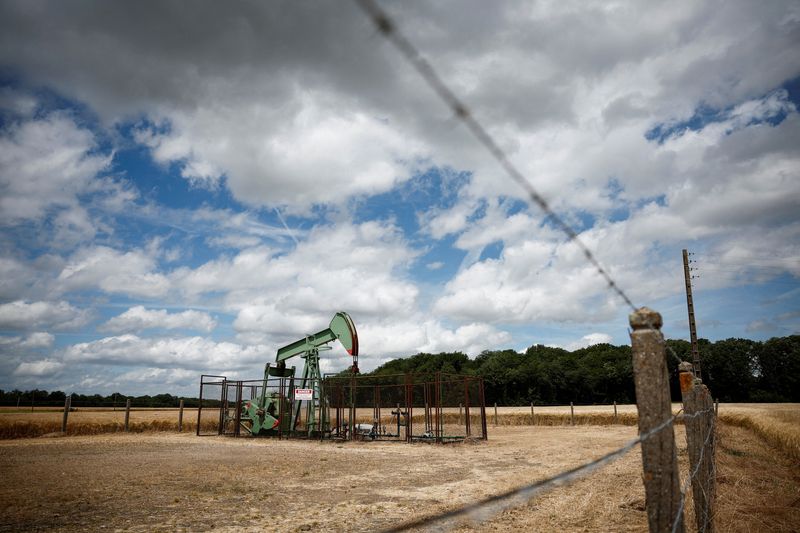Inside a low-key Walmart heir’s bid to save nature (while making a profit), after crediting it with helping him survive rare cancer diagnosis
Lukas Walton, heir to the Walmart empire, has been building his investment vehicle for the past eight years with a focus on making the world more "humane and healthy."

- Lukas Walton, an heir to the Walmart fortune, has quietly invested $15 billion of his wealth into Builders Vision, a Chicago-based organization focused on environmental and societal impact through sustainable investments in clean energy, food, and agriculture. Preferring to stay out of the spotlight, Walton believes in engaging the business community for scalable change and insists that impactful projects can deliver financial returns comparable to traditional investments.
In the current economy, the work, opinions and battles of billionaires can be hard to avoid—yet the dynasty behind the leading business in the Fortune 500 tends to stay out of the spotlight.
Every now and again members of the Walton family, whose relatives began the Walmart empire, will quietly share their thoughts on the political or economic outlook before returning to their work.
And that’s precisely how Lukas Walton has wanted it to be. The man worth $39 billion courtesy of the business founded by his grandfather, Sam Walton, established Builders Vision in 2017 as an umbrella for his philanthropic, investment, and advocacy work.
The focus of the Chicago-based company is to deploy capital, advocate for change, and support partners more widely in a range of endeavors across clean energy, food and agriculture, and ocean preservation.
Walton had declined all media interviews, but spoke to the Financial Times for the first time in an interview published today, saying he had made the decision to prevent people “leading with their assumptions” about him.
Instead Walton has directed his time and funds towards environmental efforts and told the FT he had plowed $15 billion of his own funds into Builders Vision—to bankroll endeavors that come with both financial and societal returns.
Walton, 39, is adding his voice to a wider push from other billionaire philanthropists for a greater focus on a more sustainable and equal planet.
Earlier this year, for example, Microsoft co-founder Bill Gates confirmed the largest philanthropic donation from an individual in modern history. He announced the Gates Foundation will receive the vast majority of his wealth—approximately $200 billion—to be spent within the next two decades.
While Walton’s motives are clear—he wants the world to be more “humane and healthy”—he has experienced first-hand the benefits that access to good nutrition can bring.
As a preschooler Walton was diagnosed with a rare form of cancer and, according to the Walton family, was cured in part thanks to his mother feeding him an all-natural diet.
Walton said he is “constantly reminded” of how lucky he is to be alive, and added: “My parents taught me the good habits that have kept me around. My mom basically raised me out of her garden, and that way I got to learn where our food comes from.”
The Colorado College graduate continued: “Starting with food and agriculture, I want to put my money to work and I saw there was a space for innovative, flexible capital.
“My gut feeling all along has been to engage the business community because of its size and scale.”
Not charity
Fundamental to Walton’s belief is that investors—and indeed his high net worth peers—need to see returns if they are going to fully engage their capital in projects which have societal or environmental benefits.
As such, he told the FT, his projects should not be framed as charitable because they have a very clear focus on returns that either match or outperform the rest of the market.
Walton has already undertaken significant projects which he says demonstrate returns, for example backing a business in Nebraska that purchases and then leases farmland for organic agriculture.
Making the green economy a more palatable investment than markets is certainly no small undertaking, but Walton, the CEO of Builders Vision, maintains: “The opportunities are out there.
“[The finance gap] is not for lack of pipeline. But people first need to realize that the environment is industry, it’s infrastructure, it’s financial products, it’s not simply trees.”
It seems Walton—ranked 37th on Bloomberg’s Billionaires Index—is happy to get on with the job in his own way. He’s often spotted cycling to the office in Chicago, and drives a Volvo SUV instead of the higher-end luxury vehicles preferred by other billionaires.
His urge to stay out of the limelight extends to his hobbies. The quiet of trail biking, he says, is a draw because “it’s one of those places I can’t be on a phone call.”
This story was originally featured on Fortune.com





